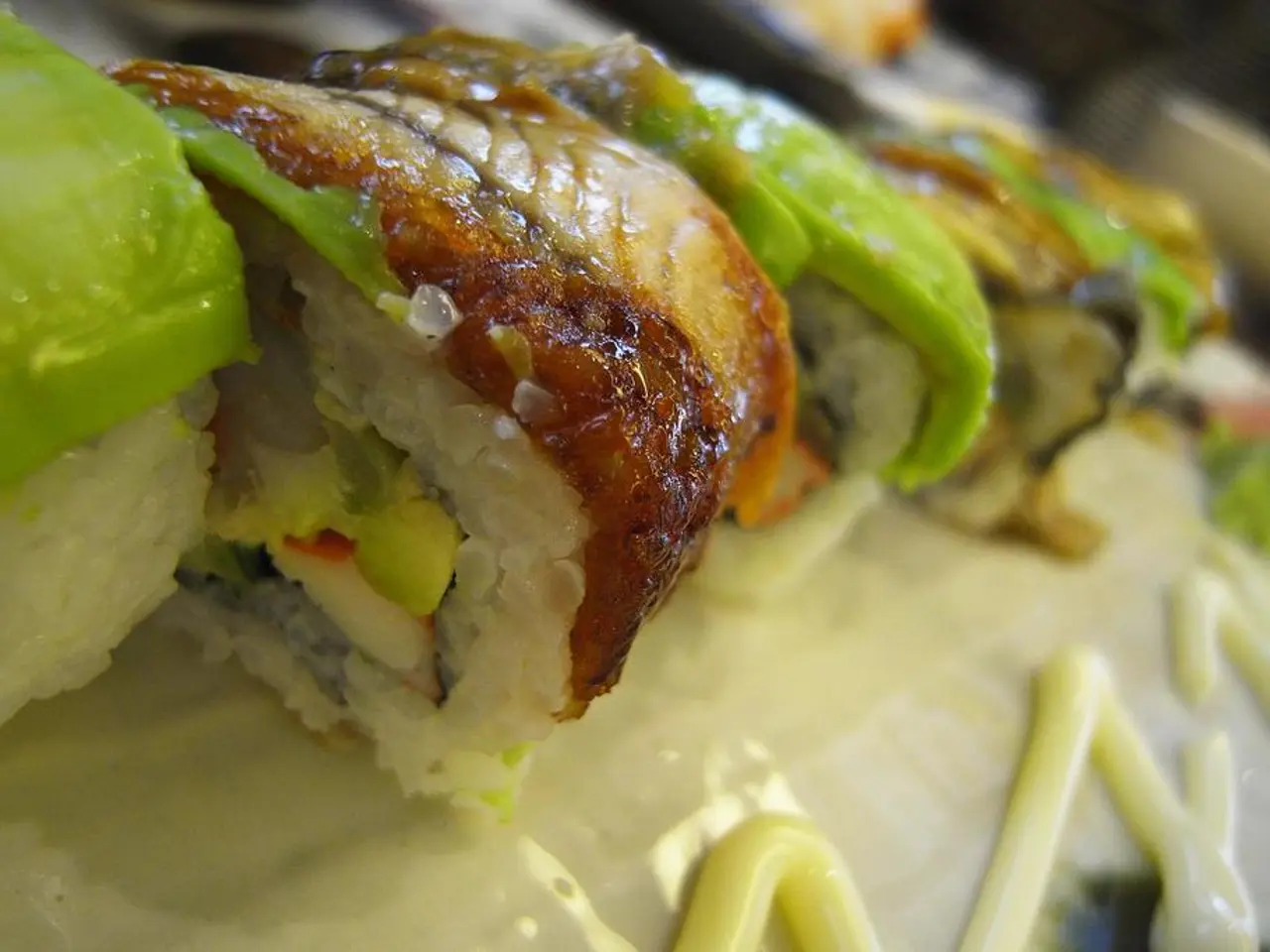Overwhelmed by Stress and its Impact on Dietary Habits?
A new study led by Nabil Alshurafa of Northwestern University has identified five distinct types of overeating, offering potential insights for targeted interventions to address the issue. The research, which focused on overweight adults and their eating behaviors, was conducted as part of the PAS GRAS project and was reported in the journal 'npj Digital Medicine'.
The five types of overeating identified in the study are:
- The Stressed Eaters: These individuals tend to eat to cope with stress or anxiety, often favoring high-calorie 'comfort foods'.
- The Convenience Lovers: Overeating for these individuals may be due to ordering food or grabbing it on the go, with large portion sizes contributing to their overeating.
- The Impulsive Snackers: These individuals frequently give in to spontaneous binges, losing control in situations like work or study.
- The Social Eaters: These individuals tend to overindulge at social dinners with friends or family.
- The Night Owls: These individuals experience late-night or nocturnal snack cravings, using food as a relaxation strategy.
The study's data included information about what participants ate, the contexts in which they ate, the number of bites, chewing speed, and hand-to-mouth frequency. The participants were closely monitored using body cameras, digital wristbands, and sensor-equipped necklaces.
The study's findings suggest that overeating is a complex interplay of environment, emotion, and habit. It also reveals that overeating is not just about willpower, but also emotional, behavioral, and context-dependent. The study's findings could potentially lead to personalized interventions for overeating.
One potential strategy for encouraging healthier late-night snacking could be the use of smartwatches. The study's findings suggest that many treatment methods for obesity overlook unconscious eating habits, which passive sensors helped uncover in this research.
The study's findings have potential for creating targeted interventions to address overeating, offering hope for those struggling with this common issue. By understanding the different types of overeating and the factors that contribute to them, it may be possible to develop more effective strategies for weight loss and maintenance.
Read also:
- The Distinction Between Sexual Identity and Gender Identity
- Symptoms, Prevention Strategies, and Management Methods for Measles
- Climate Change Impact Mitigation in Health: Reducing the Disparity of the Health Sector's Exposure to Climate Change Challenges
- Increased measles cases Approaching 1,500 in the United States, with a new case detected in the Chicago metropolitan area.





